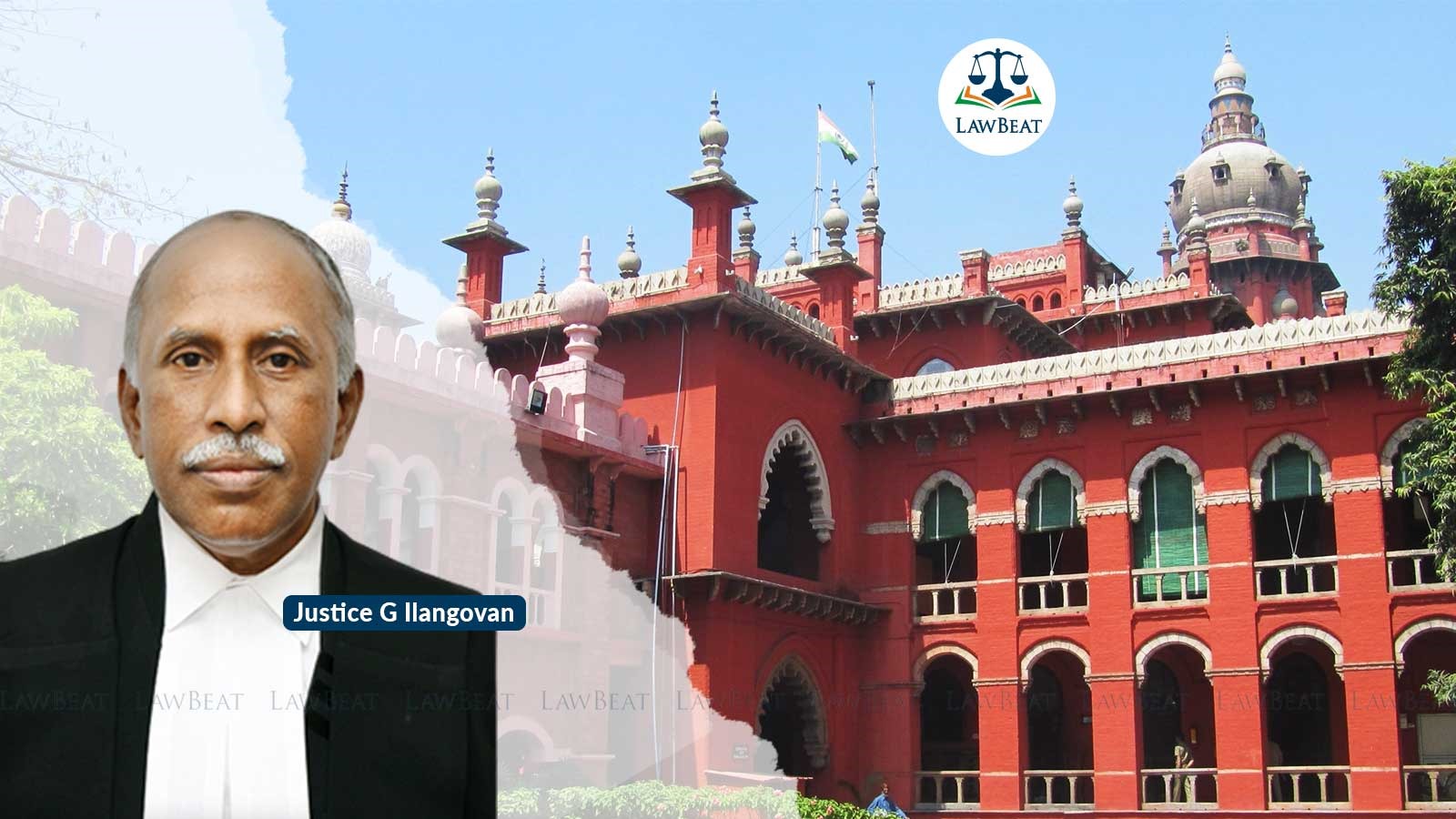Contingent Fee Is Not a Legal Claim: Madras HC Quashes Cheque Bounce Case By Lawyer Against Client

Court held that in the case at hand since the complaint was not filed on the basis of any contractual obligation, therefore, automatically, the lawyer could not maintain the petition under section 138 of the Negotiable Instruments Act
The Madras High Court recently quashed a check bounce case against a man lodged by his lawyer. Court held that the claim of Rs 10 lakh fee as made by the man's lawyer was not under any contractual obligation rather it was merely a contingent fee.
The bench of Justice G Ilangovan observed,
"Regarding the contingent fees as that one claimed by the respondent in this matter, the Hon'ble Supreme Court came down heavily upon such practice. Since the complaint was not filed on the basis of the contractual obligation, then automatically, the respondent cannot maintain the petition under section 138 of the Negotiable Instruments Act. Because, as mentioned above, the Rules does not prescribe the fee, which is not legal in nature under the Legal Practitioner's Fees Rules, 1973."
The court was hearing a criminal original petition filed by one Davidraj seeking direction to call for the records relating to the case against him under Section 138 of the Negotiable Instruments Act, 1881 before the Fast Track Court, Judicial Magistrate Level, Madurai, and quash the same.
The complainant in the case against the petitioner was an Advocate practicing in Madurai District Court. The lawyer had claimed that in 2008, the petitioner approached him for legal assistance for filing an insolvency petition. As per the lawyer's claim, at that time, the petitioner was facing severe debts of approximately Rs.1,32,02,000 and various criminal cases.
The lawyer had alleged that although he fought several litigations on behalf of the petitioner which reached a successful conclusion, the petitioner denied payment of his fee. He had also claimed that after he issued notice for giving consent for change of vakalath to the petitioner, a verbal commitment was given by the petitioner to him of payment of Rs 10 lakh as his fee for which the petitioner had issued a cheque.
However, when the lawyer presented the cheque before the bank for payment, it was returned as 'Funds Insufficient'. Consequently, he filed a case against the petitioner under section 138 of the Negotiable Instruments Act.
The high court noted that when the copy of the documents had been called from the trial court, it was found that no such contract document of payment of Rs 10 lakh as fee to the lawyer was enclosed.
Court held that even though, it had been submitted by the lawyer to the effect that the cheque was issued by the petitioner, which was not denied, automatically presumption under section 138 of the Negotiable Instruments Act will come into operation.
Regarding the claims made by lawyers for payment of contingent fee, the high court said, "The Hon'ble Supreme Court has taken up the issue and has deprecated such practice".
Court said that in the present case, absolutely no contractual document had been filed by the lawyers to show the terms between the petitioner and himself to show all the litigations defended by him, a consolidated fee was agreed to pay by the petitioner.
"In the absence of such primary document, or even the statement and the complaint, mere issuing of the cheque in the facts and circumstances of the case will not create any legal liability," court held.
Court said that this was a classical case of legal practitioner's abuse of the process of the court. "So the continuation of proceedings amounts to illegal," held the court.
"Legal process can be undertaken to advance or vindicate the grievance, but it should not be permitted to be taken as an act of aberration, abuse and that too by any legal practitioner. So, the entire process is liable to be quashed," court said while quashing the case against the petitioner.
Case Title: Davidraj vs. V.Pavel
